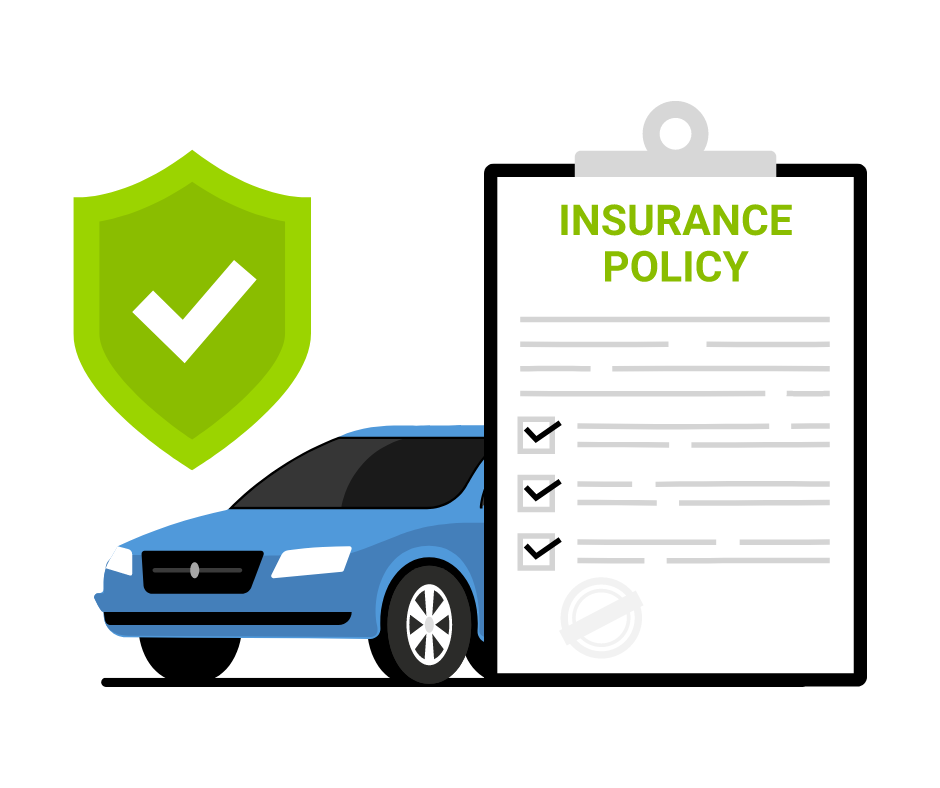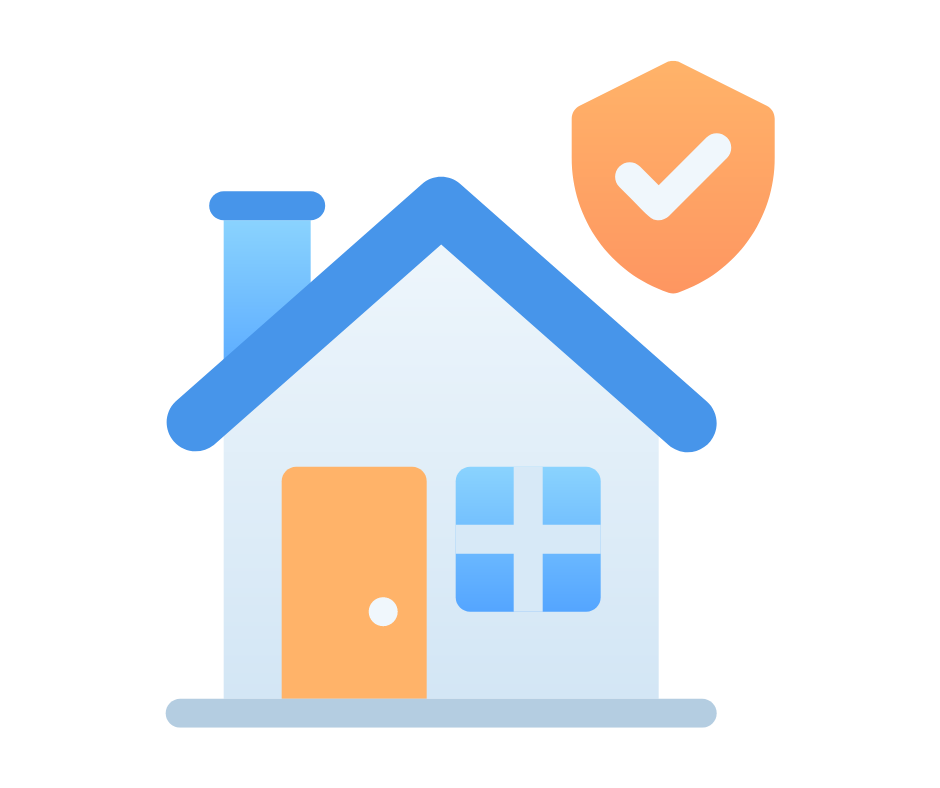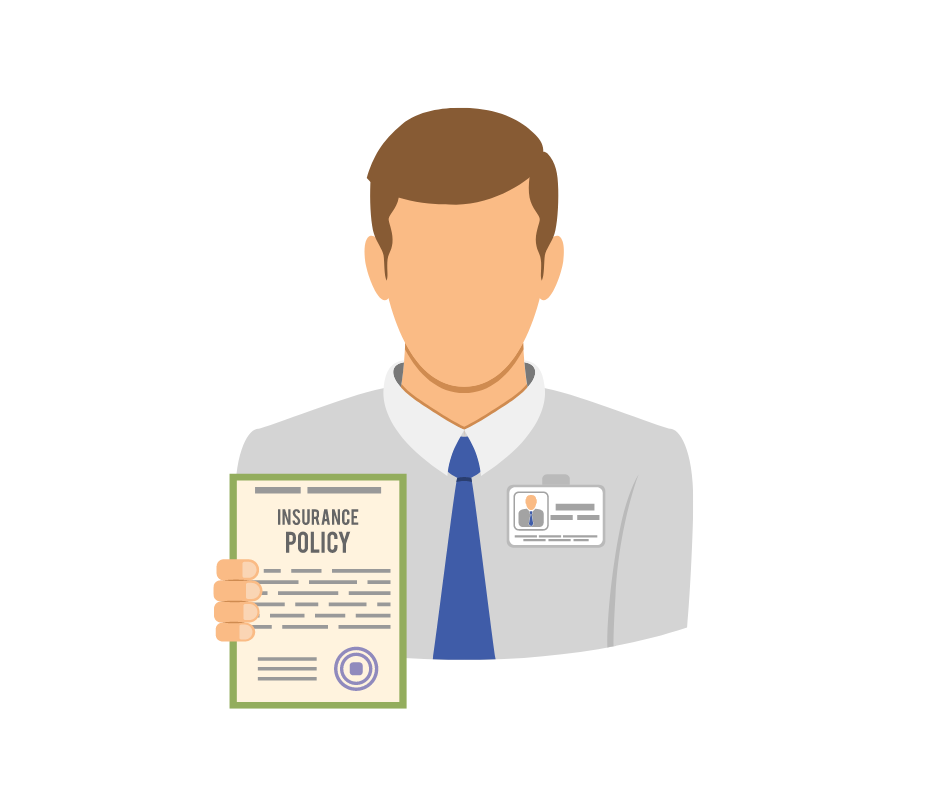Auto Insurance Frequently Asked Questions
| I have an older car whose current market value is very low – do I really need to purchase automobile insurance? |
| Drivers are often required to carry at least some level of automotive liability insurance under state insurance requirements. These regulations were enacted to make sure that those hurt in car accidents are compensated when another person’s negligence was to blame for their losses. |
| What is the difference between collision physical damage coverage and comprehensive physical damage coverage? |
| Losses you experience as a result of your car colliding with another vehicle or an item are referred to as collisions. For instance, your collision coverage will pay for the damages to your automobile if you hit another car in a parking lot. The majority of additional direct physical damage losses, including theft, are covered by comprehensive. Your comprehensive insurance will, for instance, pay for hailstorm-related car damage. |

| What is the difference between collision physical damage coverage and comprehensive physical damage coverage? |
| Losses you experience as a result of your car colliding with another vehicle or an item are referred to as collisions. For instance, your collision coverage will pay for the damages to your automobile if you hit another car in a parking lot. The majority of additional direct physical damage losses, including theft, are covered by comprehensive. Your comprehensive insurance will, for instance, pay for hailstorm-related car damage. |
| What factors can affect the cost of my automobile insurance? |
The price of your auto insurance might vary depending on a variety of factors, some of which are within your control and others which are not. Your car’s make, model, intended use, driving history, and garage location can all have an impact on how much your vehicle insurance will cost. Even your relationship status can influence how much insurance will cost you. According to statistics, married people experience accidents less frequently and at a lower cost than single persons. |
| What are some practical things I can do to lower the cost of my homeowners insurance? |
| You can take a variety of actions to reduce the price of your home insurance. Getting your local agent to conduct a thorough analysis of your needs and policy is the simplest course of action. Increasing your deductible is a simple approach to reducing the cost of your homeowners insurance. Your premium may be reduced by up to 5% or 10% if you raise your deductible from $250 to $500. |
Home Insurance Frequently Asked Questions
| What does homeowners insurance cover? |
| The two primary portions of a standard homeowners policy are Section I, which covers the insured’s property, and Section II, which covers the insured’s personal liabilities. A lot of people who own or rent property need this kind of insurance. The lender typically demands homeowners insurance in order to grant a mortgage. |
| What is the difference between “actual cash value” and “replacement cost”? |
| Homeowners insurance allows for the payment of covered losses on either an actual cash value basis or a replacement cost basis. The insurance owner is entitled to the depreciated worth of the damaged item when “actual cash value” is utilized. The “replacement cost” coverage reimburses the policyholder for the expense of replacing the item with one of comparable type and quality at the going rate. |
| What factors should I consider when purchasing homeowners insurance? |
| When buying any good or service, there are a lot of things to keep in mind, and insurance isn’t any different. |

| Here is a list of factors to take into account when buying homeowners insurance: |
| Decide what kind and how much insurance you require. Your home should have a coverage maximum equivalent to 100% of its replacement cost. Any reimbursement from your insurance provider will be less than the full cost to rebuild your house if your policy maximum is less than 80% of that amount. You will be required to pay the remaining balance out of your own pocket. Also consider if the restrictions on personal responsibility and property are sufficient for your requirements. |
| What are the policy limits (i.e., coverage limits) in the standard homeowners policy? |
| Up to the insurance limitations, the residence and any structures on the property are covered on an “all hazards” basis. “All risks” indicates that there is coverage, unless the insurance clearly states that it does not, regardless of how your house is harmed or destroyed. The policy owner determines the home coverage limit at the time the insurance is bought. Typically, the additional structure’s insurance limit is 10% of the dwelling’s policy maximum. |
Questions About Insurance – Myth Busting
Auto insurance myths can lead to confusion and might even cost you money if you’re not fully informed. Let’s debunk some common myths about auto insurance to help you make better decisions regarding your coverage.
Myth 1: Red Cars Cost More to Insure
Reality: The color of your car doesn’t affect your insurance rates. Insurers are more concerned with the make, model, year, engine size, and the vehicle’s safety features and repair costs than the color.
Myth 2: Older Drivers Pay More for Car Insurance
Reality: While it’s true that very young drivers typically face higher rates due to their lack of driving experience, older drivers often enjoy lower rates. Drivers over the age of 55 may even qualify for discounts if they take and pass defensive driving courses, until they reach an age where statistics show a higher risk of accidents.
Myth 3: Your Credit Score Doesn’t Affect Your Insurance Rates
Reality: In many states, insurers do use your credit score as a factor in determining your premiums. Generally, a higher credit score can lead to lower insurance rates, as statistical analysis shows a correlation between credit behavior and filing claims.
Myth 4: Your Personal Auto Policy Covers Business Use of Your Vehicle
Reality: Most personal auto insurance policies do not cover vehicles used for business purposes. If you use your car for delivering goods or transporting people for a fee, you may need a commercial auto insurance policy.
Myth 5: Comprehensive Coverage Covers Everything
Reality: Despite its name, comprehensive coverage does not protect against all types of damage. It covers non-collision-related incidents such as theft, fire, vandalism, and natural disasters, but it does not cover damages from a collision; for that, you need collision coverage.
Myth 6: If a Friend Borrows Your Car and Crashes It, Their Insurance Will Cover the Damage
Reality: Generally, auto insurance follows the car, not the driver. If a friend borrows your car and causes an accident, your insurance is primary and would typically cover the damages, subject to your policy’s terms and deductibles. Your friend’s insurance might come into play as secondary coverage if the damages exceed your policy’s limits.
Myth 7: All Items in Your Car Are Covered by Your Auto Insurance
Reality: Personal property inside your car is not typically covered by auto insurance. Personal belongings that are stolen or damaged in your vehicle may be covered under your homeowners or renters insurance policy, not your auto insurance.
Myth 8: You Only Need the Minimum Amount of Auto Liability Insurance Required by Law
Reality: While it’s true you only need to carry the minimum to legally drive, this amount often doesn’t fully protect you financially from all potential costs of an accident. If you’re at fault in a serious accident, the damages could exceed your policy limits, leaving you responsible for the difference.
Understanding the truths behind these myths can help you choose the right coverage for your needs and potentially save money on your auto insurance.
How can I find the best insurance rates?
A Plus Insurance shops multiple carriers to help you find the best insurance rates. Our experienced team will assess your needs and provide personalized guidance to secure affordable and comprehensive coverage.
What types of insurance do you offer?
A Plus Insurance offers a wide range of insurance options, including home insurance, auto insurance, motorcycle insurance, and more. Our goal is to tailor coverage to your specific needs, ensuring you have the right protection in place.
Have questions about insurance? Call us at 1.888.445.2793.
If you have any questions about insurance or need assistance, don’t hesitate to call A Plus Insurance at 1.888.445.2793. Our friendly team is here to help you navigate insurance options and find the answers you need.
INSURANCE SERVICES WE OFFER

Homeowners Insurance
Homeowners, renters, and mobile home owners: make sure you have the protection you need.
Edit Article Information
Here you can edit the information about Questions About Insurance.
- Find answers to common questions about various types of insurance.
- We provide information on topics like auto insurance, home insurance, and more.
- For personalized guidance or to get answers to your specific questions, call us at 1.888.445.2793.
Last Updated on by Marlon Moss





